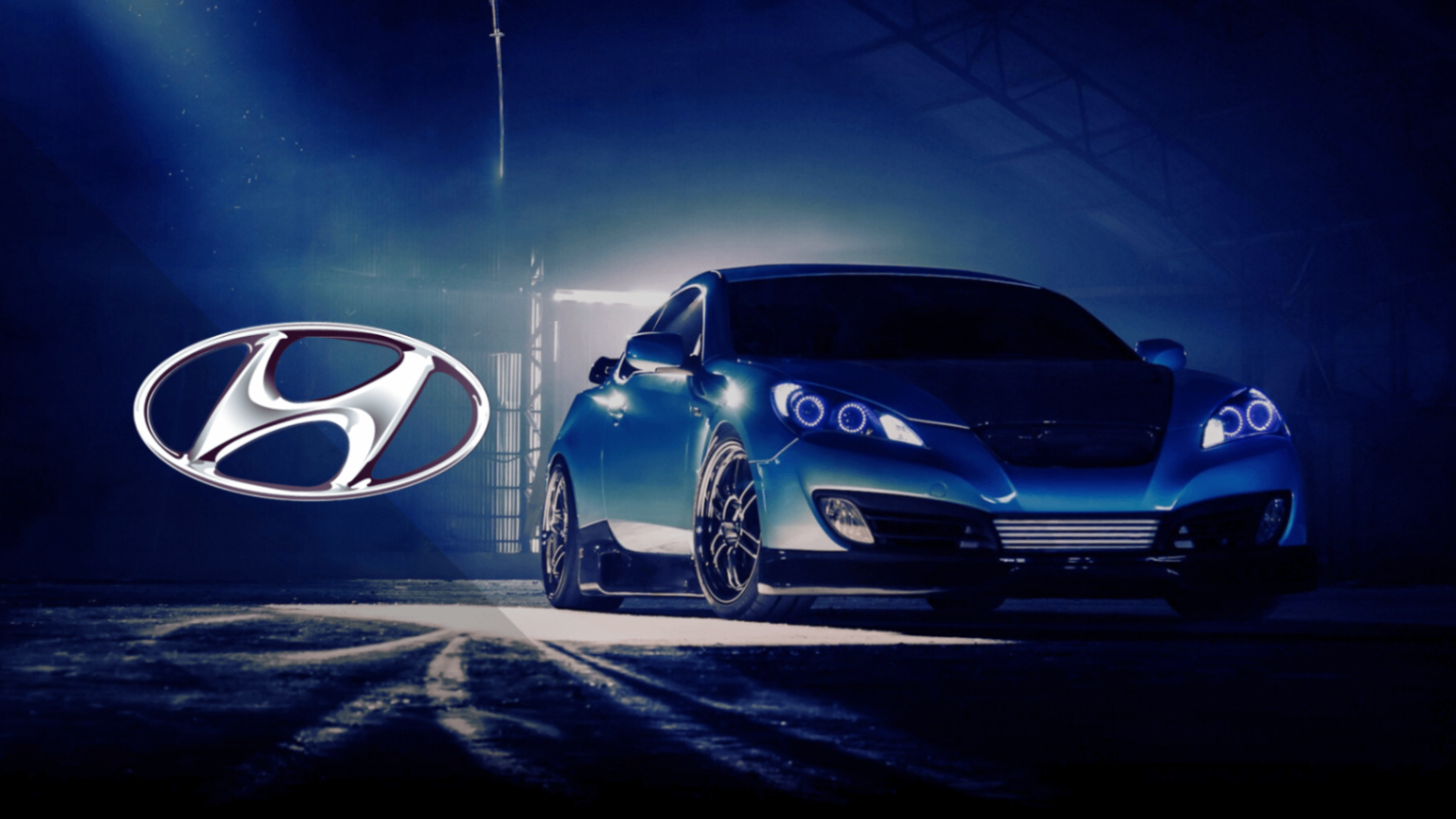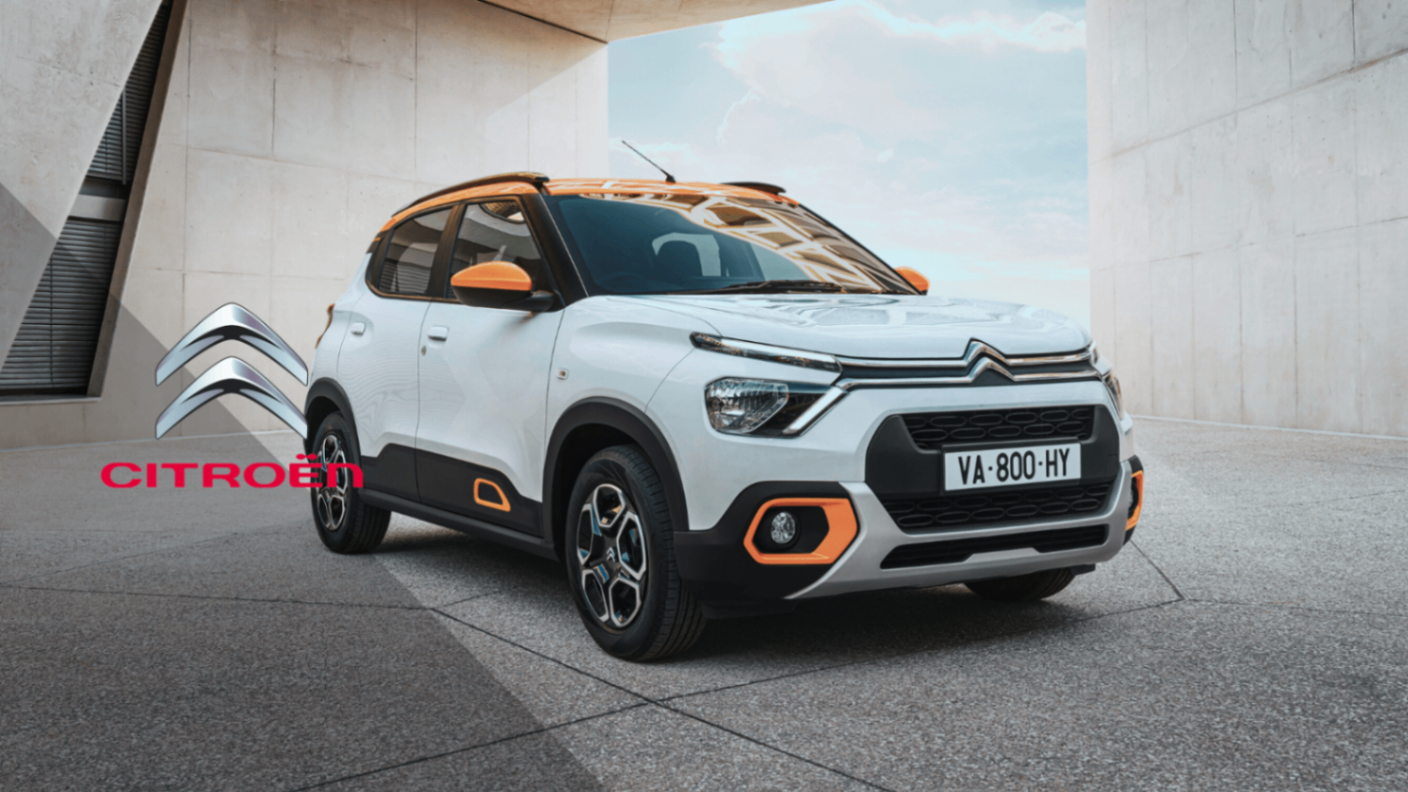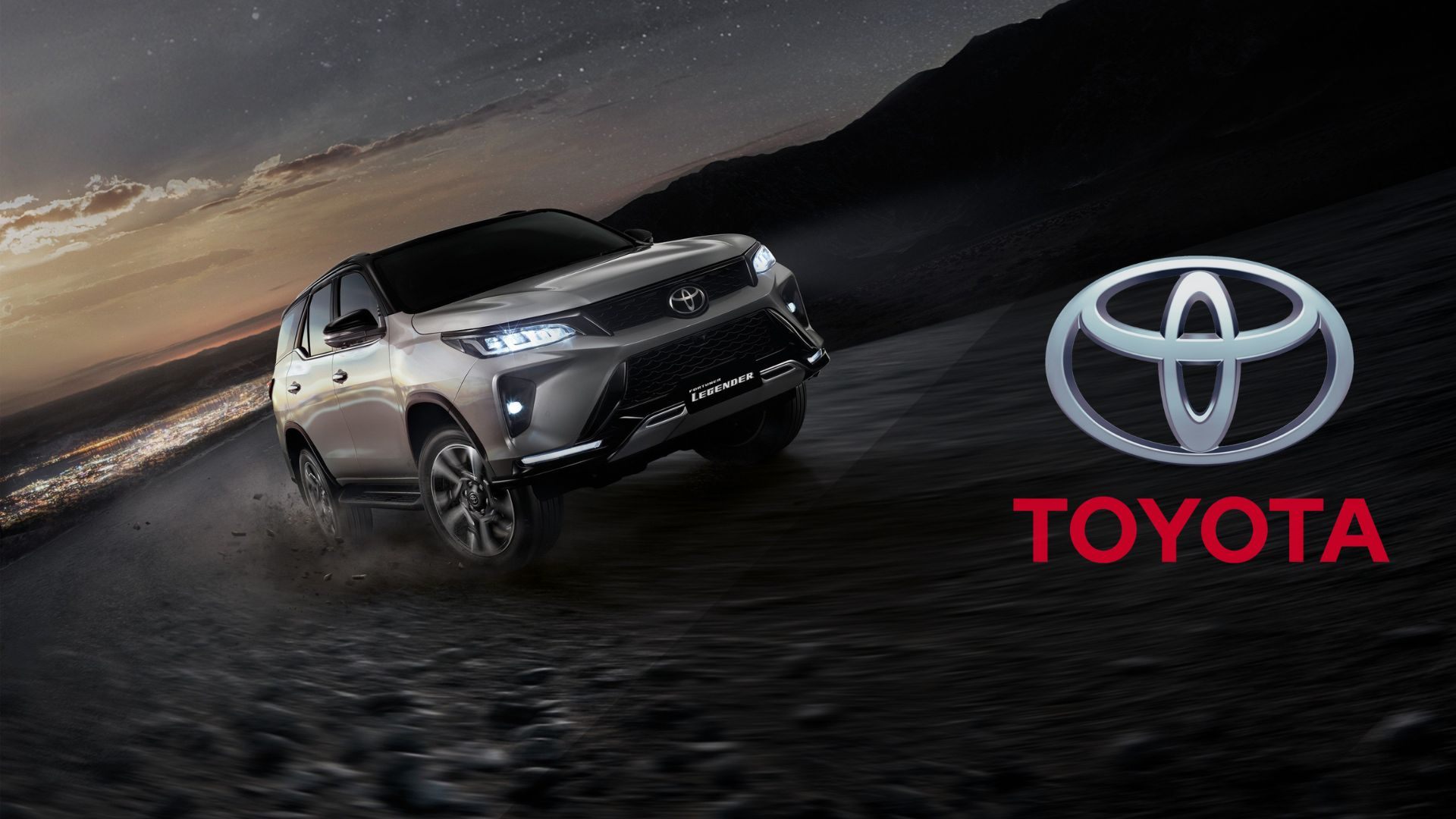
From weaving looms to dominating the automotive industry, Suzuki has embarked on an extraordinary journey of innovation and success. In this blog post, we'll delve into how Suzuki shifted its focus from textiles to motors, adapting to market challenges and emerging as a global leader in mobility. Join us as we explore Suzuki's fascinating history and discover how the company has evolved into a symbol of innovation and resilience.
The Early Days: Suzuki and the Textile Industry
Suzuki was founded in 1909 by Michio Suzuki, initially focused on producing looms for the textile industry. The company quickly gained success in this sector due to the quality and efficiency of its products. Michio Suzuki's innovative vision and commitment to excellence soon paid off, allowing the company to stand out among its competitors.
See also: How a Worker Built an Automotive Empire | The Toyota Story
Suzuki's focus on the precision and durability of its looms not only improved the productivity of textile mills but also set a quality standard that the company would maintain in its future endeavors. Suzuki looms were known for their ability to produce fine, uniform fabrics, attracting the attention of major textile manufacturers in Japan and abroad.
These initial achievements laid a solid foundation for the company, allowing it to accumulate the resources and experience necessary to diversify. The need to adapt to a changing market drove Suzuki to explore new business areas. Michio Suzuki, always attuned to market trends and demands, understood that continuous innovation was key to sustainable growth. Thus, with a pioneering spirit, the company began to investigate other industrial sectors where it could apply its ingenuity and technical skills.
The transition was not easy, but the determination and vision of its founder, along with a committed and talented team, allowed Suzuki to successfully venture into the world of motorization, marking the beginning of a new era for the company.

The Transition to Motorization
After World War II, Suzuki decided to venture into the automotive and motorcycle markets, recognizing the potential for growth in these emerging sectors. In 1952, they launched the 'Power Free' motorcycle, which was an instant success. This revolutionary model featured a unique design that allowed the user to choose between pedaling, using the motor, or a combination of both, offering unprecedented flexibility. The 'Power Free' not only demonstrated Suzuki's ability to innovate but also set a new standard in the motorcycle industry.
See also: Bombs Couldn't Stop It | The Incredible Story of Honda
Buoyed by the success of the 'Power Free', Suzuki soon expanded its horizons into the world of automobiles. In 1955, it introduced its first car, the 'Suzulight'. This compact vehicle stood out for its innovative design and advanced features, characteristics that were uncommon in cars of that era. The 'Suzulight' featured front-wheel drive and four-wheel independent suspension, technologies that would later become standard in the automotive industry. These strategic decisions allowed Suzuki to quickly establish itself in the motor industry, demonstrating its ability to adapt and thrive in a highly competitive market.
Suzuki's foray into the world of motorization was more than just a simple change of direction; it was a fundamental transformation that redefined the company's identity. The combination of innovative vision, precision engineering, and a deep commitment to quality allowed Suzuki not only to survive but to excel in a new and challenging industrial environment.
Rise in the Automotive and Motorcycle Industry
During the 1960s and 1970s, Suzuki expanded significantly, focusing on the production of compact vehicles and reliable motorcycles. Iconic models like the Suzuki Jimny and the GSX-R series were pivotal during this stage.
The Suzuki Jimny, launched in 1968, quickly became a symbol of versatility and ruggedness. This compact off-road vehicle gained popularity for its ability to tackle diverse terrains without sacrificing comfort. Thanks to its lightweight design and four-wheel drive, the Jimny became a preferred choice for both adventure enthusiasts and those who needed a reliable vehicle for everyday use. Its success was not limited to Japan; the Jimny conquered international markets, solidifying Suzuki's global presence in the SUV segment.
On the other hand, the GSX-R series of motorcycles, introduced in the 1980s, revolutionized the world of sportbikes. The GSX-R750, in particular, was acclaimed for its innovative design and impressive performance. Equipped with advanced technology and a focus on weight reduction, these motorcycles offered an unmatched combination of speed, handling, and reliability. The GSX-R became the benchmark motorcycle for racing enthusiasts and professional riders, setting new standards in the industry and elevating Suzuki's reputation as a leader in high-performance motorcycle development.
These models not only helped to solidify Suzuki's reputation as a manufacturer of affordable, high-performance vehicles but also expanded its customer base globally. Through a combination of constant innovation, meticulous attention to detail, and a strong commitment to quality, Suzuki managed to capture the attention and loyalty of consumers worldwide. This global expansion not only strengthened the brand but also paved the way for future successes in an ever-evolving automotive and motorcycle market.

Suzuki in the Global Market
Suzuki's international expansion has been remarkable, particularly in key markets like India, where its partnership with Maruti Suzuki has been extremely successful. This collaboration, initiated in 1981, transformed the Indian automotive landscape and established Suzuki as one of the most trusted and popular brands in the country. The Maruti 800, launched in 1983, became a symbol of India's automotive revolution. This compact and affordable vehicle not only made car ownership accessible to millions but also defined the standard of urban mobility in the region.
See also: Bajaj and the Motorcycle Revolution in India
The impact of the Maruti 800 was profound and long-lasting, helping to motorize a nation and contributing significantly to India's economic growth. This model, with its simple design and fuel efficiency, won the hearts of Indian consumers and remained in production for over three decades, with over 2.7 million units sold. The partnership with Maruti not only solidified Suzuki's presence in India but also served as a platform for expansion into other emerging markets.
Suzuki has demonstrated an exceptional ability to adapt to local needs, maintaining its relevance in different regions of the world. In Latin America, for example, the brand has achieved considerable success by offering models that suit local conditions and consumer preferences. In Europe, Suzuki has excelled with its compact and efficient vehicles, which are ideal for densely populated cities and stringent environmental regulations.
Furthermore, Suzuki has diversified its offerings to meet a wide range of demands, from rugged off-road vehicles to high-performance sports motorcycles. This adaptability and understanding of local markets have been key to its global expansion and in maintaining strong customer loyalty.
Models like the Maruti 800 have had a significant impact on global markets, and Suzuki's ability to innovate and adapt to local needs has been fundamental to its continued success. The combination of quality, affordability, and adaptation to local conditions has allowed Suzuki not only to survive but to thrive in an ever-evolving global automotive landscape.

Recent Innovations and Suzuki's Future
Suzuki has recently focused its efforts on developing hybrid and electric vehicles, responding to the modern market's demand for more sustainable options. With the launch of models such as the Suzuki Swift Hybrid and the Suzuki Across Plug-in Hybrid, the company has demonstrated its commitment to reducing emissions and improving energy efficiency. These vehicles not only integrate advanced technology but also maintain the design and functionality that consumers expect from the brand.
The Suzuki Swift Hybrid, for example, combines an efficient gasoline engine with an electric motor, offering a smooth ride and reduced fuel consumption. On the other hand, the Suzuki Across Plug-in Hybrid stands out for its ability to operate in fully electric mode, ideal for urban commuting and short distances, while its internal combustion engine provides the range needed for longer journeys. This duality allows drivers to enjoy the best of both worlds, adapting to different needs and lifestyles.
Furthermore, Suzuki is not only focusing on technological innovation but is also investing in the necessary infrastructure to support the transition to more sustainable mobility. The company is collaborating with governments and other entities to develop efficient and accessible charging networks, thus facilitating the adoption of electric vehicles by the public.
The company continues to reinvent itself, with a focus on sustainability and innovation. This includes research into new battery technologies, lightweight and recyclable materials, and alternative propulsion systems. Suzuki is also exploring the integration of autonomous driving technologies and advanced connectivity, anticipating the trends that will define the future of mobility.
The outlook for Suzuki's future is promising as it continues to evolve and adapt to new trends and technologies. With a clear vision towards sustainability and a consistent commitment to quality and innovation, Suzuki is well-positioned to meet the challenges of the 21st-century automotive market. As the industry moves towards a greener and more connected future, Suzuki is poised to lead the way, offering mobility solutions that not only meet the needs of today but also protect the planet for future generations.
Suzuki's history is a testament to how adaptability and vision can transform a company from humble beginnings into a global leader in the automotive and motorcycle industry. From manufacturing looms to creating iconic vehicles and expanding internationally, Suzuki has demonstrated a unique ability to reinvent itself and thrive in an ever-changing market.






